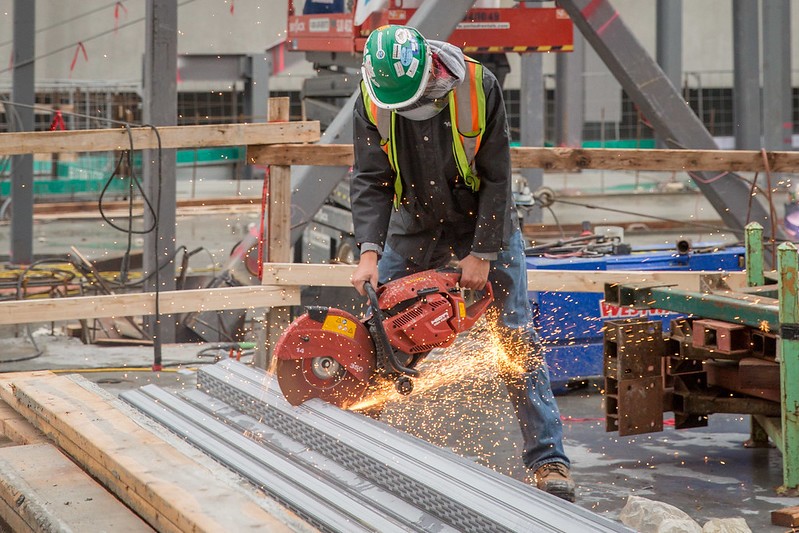WorkSafeBC announces rule changes around work refusals
The changes stemmed from a 2019 report that suggested unsafe work refusal rules could improve.

WorkSafeBC has announced changes to the Occupational Health and Safety Regulation. – Province of B.C.
Key Takeaways:
- WorkSafeBC has amended the rules around refusing unsafe work.
- Employers must now disclose details of previous refusals.
- They must also explain why the task is not unsafe.
The Whole Story:
WorkSafeBC announced new amendments to the Occupational Health and Safety Regulation (OHSR) that are now in effect. The group stated that the changes are designed to strengthen worker protections on the right to refuse unsafe work.
Employers are now required to inform workers about a previous work refusal before reassigning the work.
Prior to the amendment, the regulation did not explicitly prohibit the reassignment of refused work, or require the disclosure that another worker had refused the task due to health or safety concerns.
All workers in B.C. have the right to refuse work where there is reasonable cause to believe it would create an undue hazard to their health or safety.
Under the new rules, employers are required to notify workers in writing of any unresolved work refusal due to safety concerns. It also requires employers to tell the subsequent worker the specific reasons the first worker felt the task was unsafe. The employer must also explain why the task would not create an undue hazard to their health and safety.
The change to the OHSR followed a public and stakeholder consultation process by WorkSafeBC.
“Worker safety is our top priority and this regulatory change strengthens worker protections,” said Dan Strand, director of prevention field services at WorkSafeBC. “This amendment makes the right to refuse process more transparent and allows workers to make informed decisions.”
The need for this change was identified in the 2019 report by lawyer Lisa Helps called, WorkSafeBC and Government Action Review: Crossing the Rubicon.
During interviews for the report, Helps heard examples of workers expressing safety concerns to their supervisors and refusing to do the work, only to see the same task reassigned to another worker.
“Workers are your eyes and ears on the front line of workplace health and safety,” said Strand. “When workers refuse work, it’s because they believe it’s unsafe. Employers must listen to these concerns, assess the risk with the worker, document the decision, and ensure they take steps to correct the situation that could potentially cause harm.”

